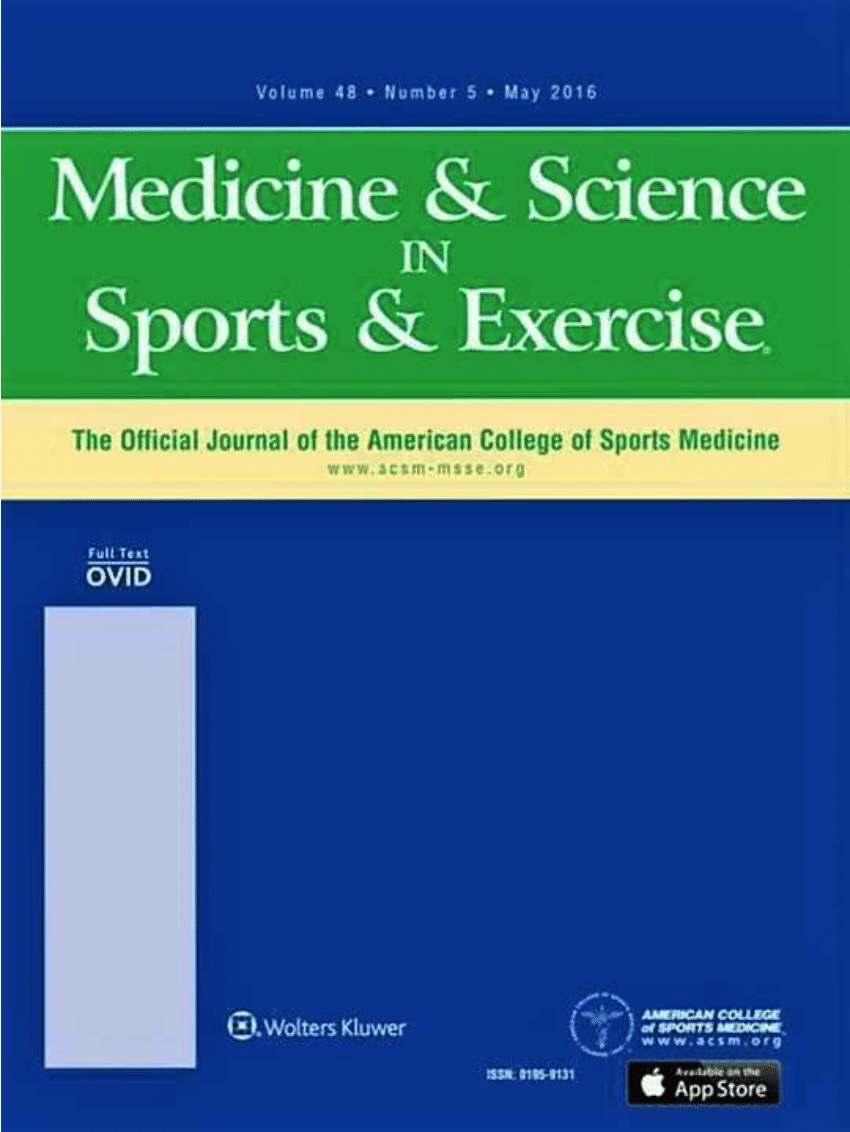Impact of Eccentric versus Concentric Cycling Exercise on Neuromuscular Fatigue and Muscle Damage in Breast Cancer Patients

Publication
Impact of Eccentric versus Concentric Cycling Exercise on Neuromuscular Fatigue and Muscle Damage in Breast Cancer Patients
Auteurs : Elyse Hucteau, Joris Mallard, Chiara Barbi, Massimo Venturelli, Roland Schott, Philippe Trensz, Carole Pflumio, Michal Kalish-Weindling, Xavier Pivot, Fabrice Favret, Guillaume P Ducrocq, Stéphane P Dufour, Allan F Pagano, Thomas J Hureau
Axes de recherche : Axe 2 | Exercice
Abstract
Introduction: This study investigated the magnitude and etiology of neuromuscular fatigue and muscle damage induced by eccentric cycling compared with conventional concentric cycling in patients with breast cancer.
Methods: After a gradual familiarization protocol for eccentric cycling, nine patients with early-stage breast cancer performed three cycling sessions in eccentric or concentric mode. The eccentric cycling session (ECC) was compared with concentric cycling sessions matched for power output (CON power ; 80% of concentric peak power output, 95 ± 23 W) or oxygen uptake ( ; 10 ± 2 mL·min·kg -1 ). Preexercise to postexercise changes (30-s through 10-min recovery) in knee extensor maximal voluntary contraction force (MVC), voluntary activation, and quadriceps potentiated twitch force ( Qtw ) were quantified to determine global, central, and peripheral fatigue, respectively. Creatine kinase and lactate dehydrogenase activities were measured in the plasma before and 24 h after exercise as markers of muscle damage.
Results: Compared with CON power (-11% ± 9%) and (-5% ± 5%), the ECC session resulted in a greater decrease in MVC (-25% ± 12%) postexercise ( P < 0.001). Voluntary activation decreased only in ECC (-9% ± 6% postexercise, P < 0.001). The decrease in Qtw was similar postexercise between ECC and CON power (-39% ± 21% and -40% ± 16%, P > 0.99) but lower in ( P < 0.001). The CON power session resulted in twofold greater compared with the ECC and sessions ( P < 0.001). No change in creatine kinase or lactate dehydrogenase activity was reported from preexercise to 24 h postexercise.
Conclusions: The ECC session induced greater neuromuscular fatigue compared with the concentric cycling sessions without generating severe muscle damage. ECC is a promising exercise modality for counteracting neuromuscular maladaptation in patients with breast cancer.
Copyright © 2024 The Author(s). Published by Wolters Kluwer Health, Inc. on behalf of the American College of Sports Medicine.